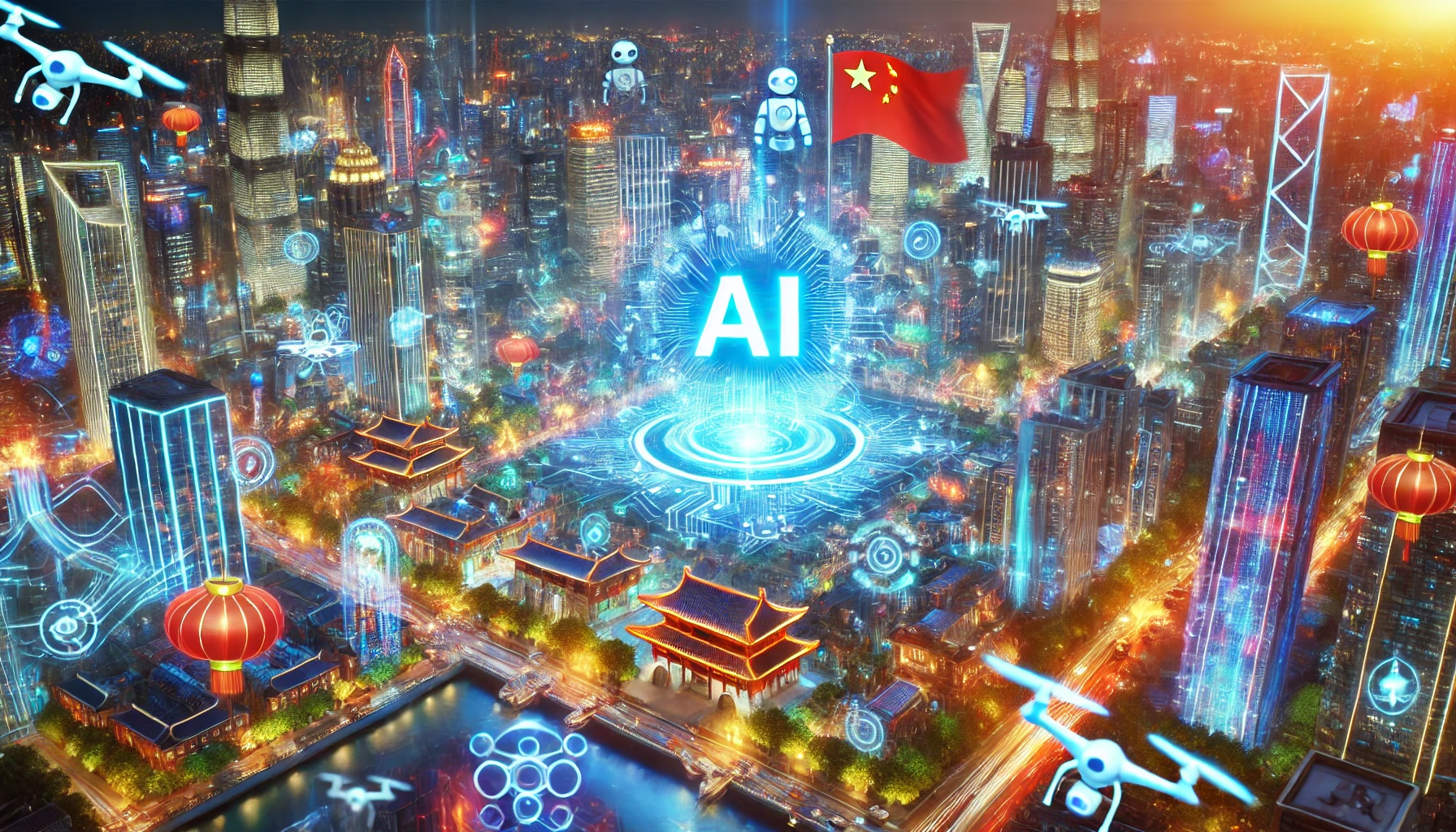Artificial Intelligence
China’s rapid advancements in artificial intelligence (AI)

China’s rapid advancements in artificial intelligence (AI) are narrowing the technological gap with leading global competitors, showcasing the nation’s commitment to becoming a dominant force in AI innovation.
Strategic Collaborations with Global Tech Giants
In a strategic move to enhance AI capabilities, Apple is engaging in early discussions with Chinese tech conglomerates Tencent and ByteDance. The objective is to integrate advanced AI models into iPhones tailored for the Chinese market, ensuring compliance with local regulations and catering to specific user preferences.
This collaboration is pivotal for Apple, especially considering the absence of services like OpenAI’s ChatGPT in China. By partnering with established Chinese AI entities, Apple aims to deliver sophisticated AI functionalities to its Chinese user base, thereby maintaining its competitive edge in a market dominated by domestic brands such as Huawei and Xiaomi.
The potential integration of Tencent’s and ByteDance’s AI technologies into Apple’s ecosystem could revolutionize user interactions, offering more intuitive and personalized experiences. Such partnerships underscore the significance of cross-border collaborations in advancing AI applications and highlight China’s growing influence in the global AI landscape.
Ambitious AI Deployment Initiatives
China’s commitment to AI is further exemplified by its ambitious plan to deploy one million AI-powered robots across various sectors by 2025. This initiative aims to revolutionize manufacturing, healthcare, and domestic services, positioning China at the forefront of AI-driven automation.
Leading Chinese robotics firms, such as AGI Bot and Xang Robotics, are spearheading this massive deployment. Their focus on efficiency and adaptability ensures that these AI robots can seamlessly integrate into diverse environments, from factory floors to residential settings. This large-scale implementation is expected to enhance productivity, address labor shortages, and stimulate economic growth.
The deployment also reflects China’s strategic vision of becoming a global leader in AI technology. By investing heavily in AI infrastructure and applications, China is not only boosting its domestic capabilities but also setting benchmarks for AI integration worldwide.
Regulatory Landscape and Ethical Considerations
As AI technologies become more pervasive, the Chinese government is increasingly attentive to the ethical and societal implications of AI. While historically adopting a relatively hands-off approach, recent developments indicate a shift towards more comprehensive regulation to mitigate potential risks associated with AI deployment.
The establishment of the first algorithm registration center in Beijing marks a significant step towards greater oversight of AI technologies. This initiative aims to ensure that AI applications adhere to ethical standards and do not produce harmful or undesirable outcomes. Such regulatory measures are crucial in maintaining public trust and fostering responsible AI innovation.
Moreover, China’s proactive stance in AI governance reflects its recognition of the technology’s profound impact on society. By implementing regulations that balance innovation with ethical considerations, China seeks to create a sustainable AI ecosystem that benefits all stakeholders.
References & Further Reading
- Asia Times. (2024, December). Quiet surge: China’s AI innovators doing more with less. Retrieved from https://asiatimes.com/2024/12/quiet-surge-chinas-ai-innovators-doing-more-with-less/
- Geeky Gadgets. (2024, December). Inside China’s Plan to Deploy 1 Million AI Robots in Just 2 Years. Retrieved from https://www.geeky-gadgets.com/china-ai-robotics-initiative/
- The Diplomat. (2024, December 14). Is China Waking up to the Dangers of AI?. Retrieved from https://thediplomat.com/2024/12/is-china-waking-up-to-the-dangers-of-ai/

